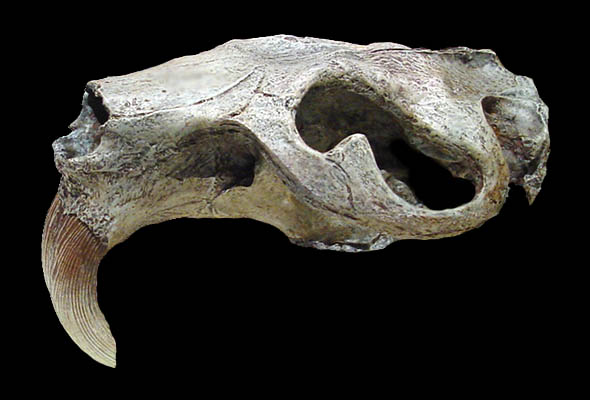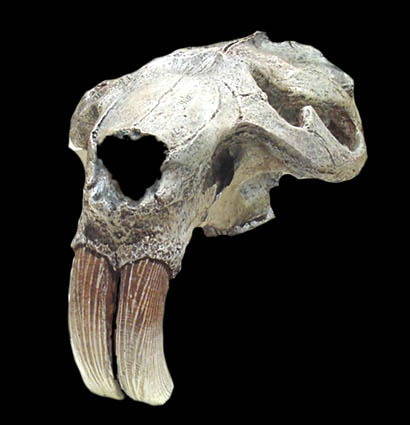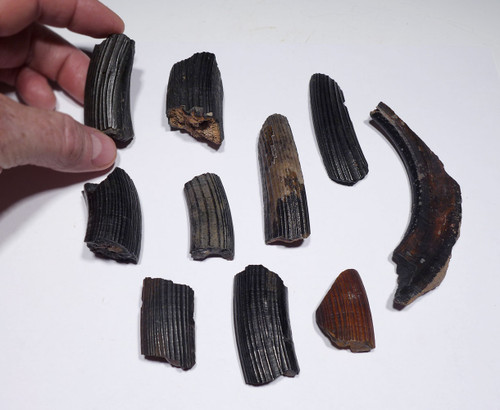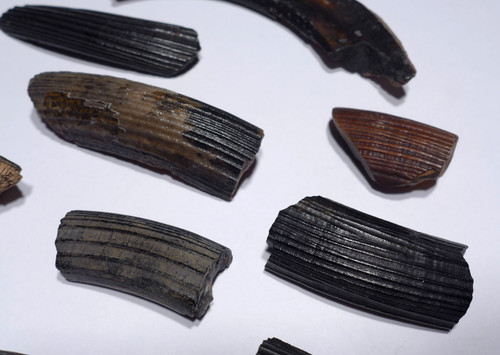Product Description
With EXCEPTIONAL preservation and detail, this fantastic group includes 4 partial fossil tusk incisors from the prehistoric GIANT BEAVER, Castoroides. Each piece shows well-preserved details that these famous tusks are known for. Perfect for resale, teaching aids, jewelry, medicinal use or "fossil hunts" for kids, each of these tusk pieces are impressive to hold. Fossils of a Castoroides tusk are coveted by all that collect Pleistocene North American fossils. The main incisors are the most requested fossil of this fascinating extinct giant animal. FINE QUALITY fossil remains of giant beaver are very difficult to ever find on the market. Every detail is perfectly preserved with extraordinary, naturally lustrous enamel!
HISTORY
Castoroides leiseyorum, or Giant Beaver, is an extinct species of enormous beavers that lived in North America during the Pleistocene. C. leiseyorum was the largest beaver to ever exist. Prehistoric giant beavers were much larger than modern beavers. Their average length was approximately 1.9 m (6.2 ft), and they could grow as large as 2.2 m (7.2 ft). The weight of the giant beaver could vary from 90 kg (198 lb) to 125 kg (276 lb). This makes it the largest known rodent in North America during the Pleistocene and the largest known beaver.
Prehistoric giant beavers were much larger than modern beavers. Their average length was approximately 1.9 m (6.2 ft), and they could grow as large as 2.2 m (7.2 ft). The weight of the giant beaver could vary from 90 kg (198 lb) to 125 kg (276 lb). This makes it the largest known rodent in North America during the Pleistocene and the largest known beaver to have ever lived.
One of the defining characteristics of the giant beaver was their incisors, which differ in size and shape from those of modern beavers. Modern beavers have incisor teeth with smooth enamel, while the teeth of the giant beaver were much larger up to 15 cm (6 in) long, with a striated, textured enamel surface.


IMAGES PROTECTED BY COPYRIGHT
 US DOLLAR
US DOLLAR
 EURO
EURO
 AUSTRALIAN DOLLAR
AUSTRALIAN DOLLAR
 CANADIAN DOLLAR
CANADIAN DOLLAR
 POUND STERLING
POUND STERLING












